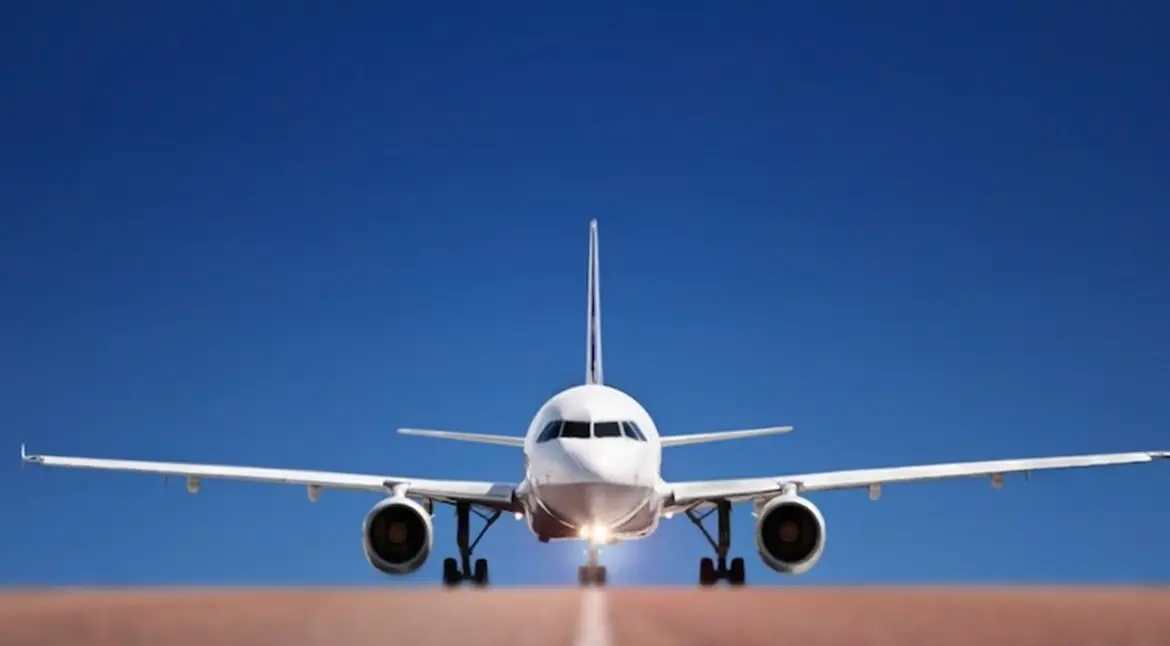Flights From Nigeria Now Cost More Than Those From Other African Countries

Flights From Nigeria Now Cost More Than Those From Other African Countries

Flights From Nigeria Now Cost More Than Those From Other African Countries
Notifications